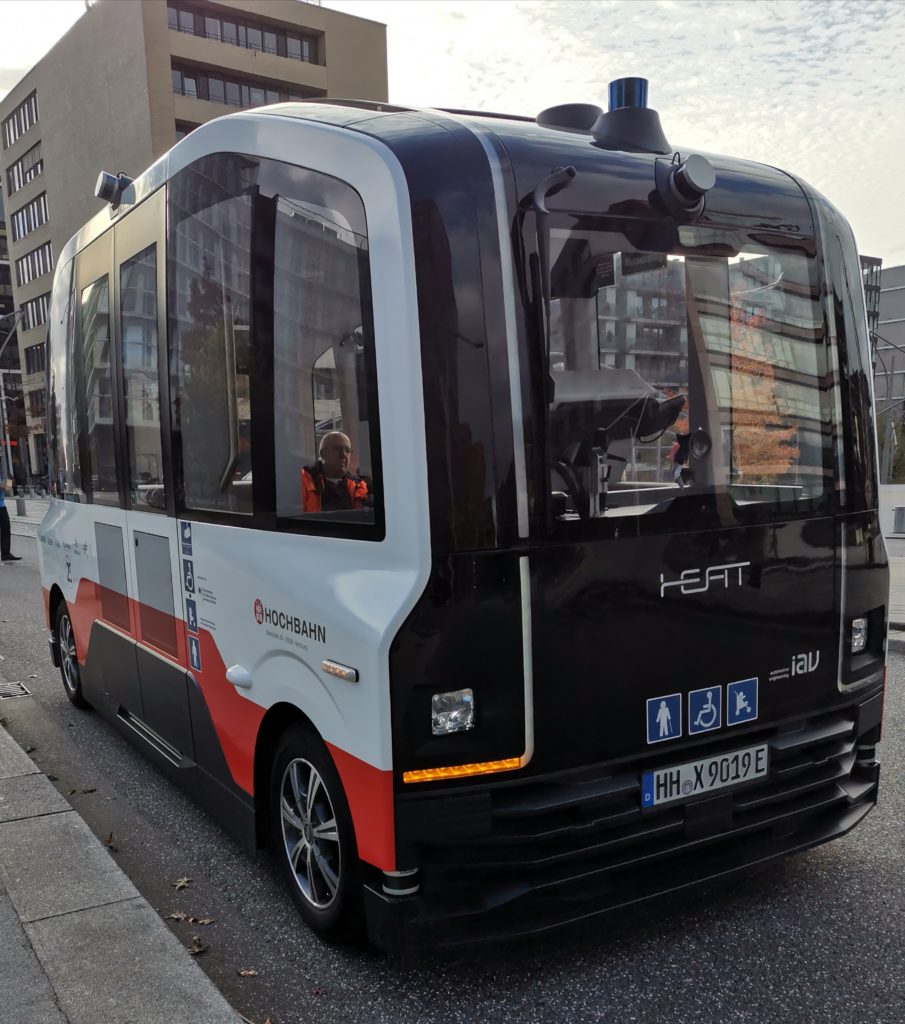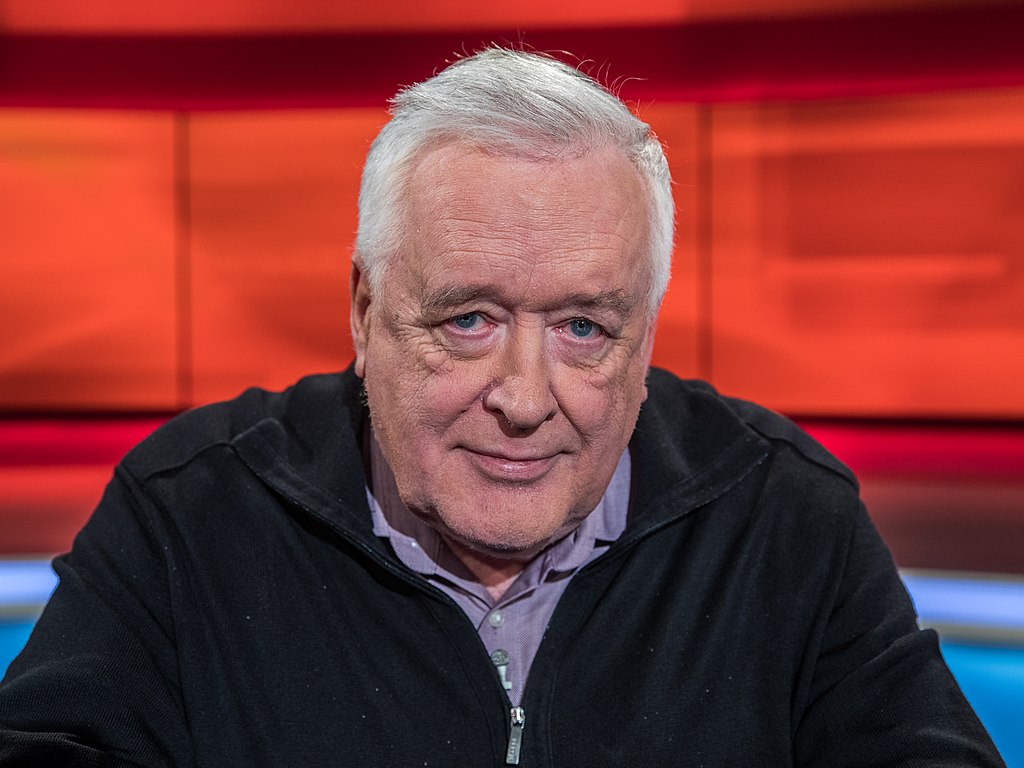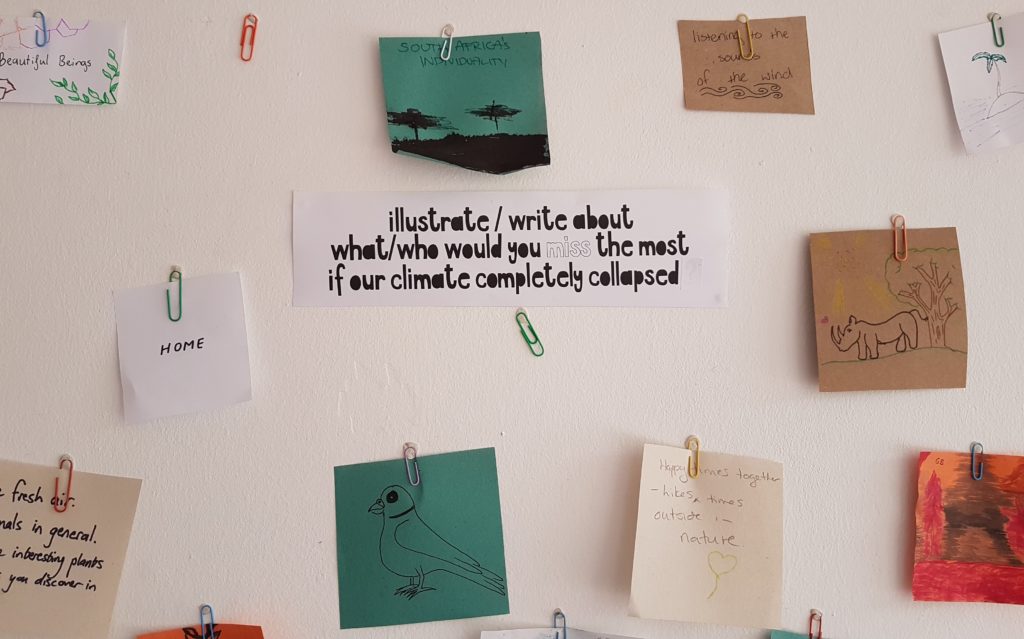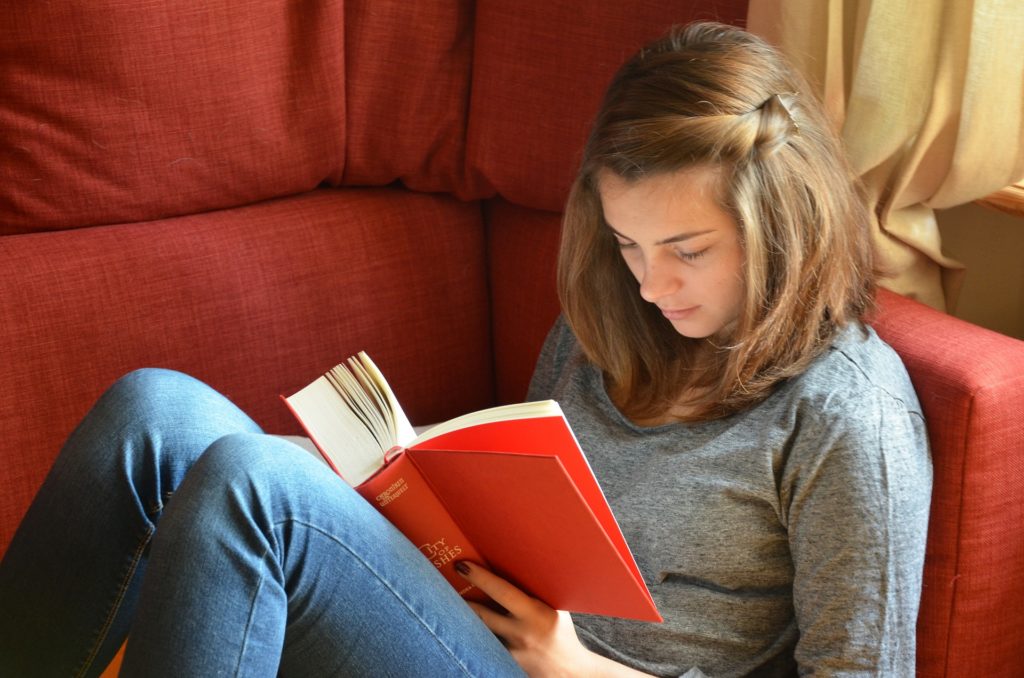Greenwashing’s new distant cousin

“Act Responsibly Even when You Don’t.” Next to this ambiguous slogan, two young models in jeans are lolling about, promoting Diesel’s Green Label, the brands’ sustainable line. And this is what follows: “Go crazy and at the same time treat the planet with our responsible pieces from the Fall Winter 2020 collection”. Sustainability and shopping […]
Kein Fortschritt ohne Risiko

Neulich bin ich zum ersten Mal in einem autonomen Fahrzeug gefahren. Das HOCHBAHN-Forschungsprojekt HEAT testet die Eignung des ersten automatisiert fahrenden Kleinbusses im Hamburger Straßenverkehr. Jede*r kann sich die HEAT-App herunterladen und kostenlos mitfahren. Die Vorstellung, im unbemannten Kleinbus durch die Hamburger HafenCity zu cruisen fand ich aufregend und ein wenig beängstigend. Die Realität war […]
How to talk about climate change – a collection of thoughts and helpful input for non-experts
When did you talk about climate change the last time? And when did you do so with family and friends? Results from our surveys show that on the one hand, the amount of people talking about climate change in their daily lives is rising steadily (see Guenther et al. 2020, in German), but on the […]
After Lunch Posts: Talking Climate Change with Hans von Storch

One of the many privileges of holding a Professorship at the University of Hamburg and being involved in the Cluster of Excellence, which unites researchers from different disciplines around the issue of climate change (see CLICCS website ), is that you have the opportunity to meet and have lunch with highly inspiring and thought-provoking people […]
A Short Personal Guide to Climate Change Conversations

As natural scientists, we hopefully learn multiple concepts about uncertainty throughout our education and research, and, at some point, the time will come when we need to put them into practice. This post comes from the necessity of a first approach to assemble some of the multiple guidelines and recommendations that we receive regarding climate […]
Is the Corona Crisis good or bad for the climate?
A few days ago, at the end of March, it snowed! Having never experienced snow this late in Hamburg and with the knowledge that 2019 was the second warmest year on record after 2016, my first thought was: this must be the direct cooling effect due to the COVID-19 induced industrial shutdown. I felt a […]
What would you miss the most?

Interactive visual arts project on climate change consequences During my research stay in Stellenbosch, South Africa, I came across an interesting arts project on climate change, which was installed during the cultural festival “Woordfees”. A note on the wall invites onlookers to participate: to illustrate or write about what or who they would miss the […]
Bist du CO2 Expert*in? Wie klimaschädlich unser Essen wirklich ist
Wir haben die Wahl. Immer. Heutzutage haben wir wahrscheinlich sogar so viel Auswahl zwischen verschiedenen Lebensmitteln, wie noch niemals zuvor. Supermarkt oder Bio-Laden, Discounter oder Wochenmarkt. Auch im Winter finden wir dort tropische Früchte und reifes Obst oder verschiedenste Käsesorten und Fleisch zu günstigen Preisen. Aber welchen Preis zahlen wir wirklich für unsere Einkäufe? Nicht […]
Merry Christmas and some news for 2020: www.climatematters.hamburg -> www.climatematters.de
We wish you a merry Christmas and we have news for the new year: the blog will move from climatematters.hamburg to the new “.de” domain: www.climatematters.de
New Post series: “Climate Change in Pop Culture” – Part 1: YA Novels

As climate change has become a topic intersecting many domains of our lives, it is hardly surprising that it has also made its way into pop culture. In a series of short posts, we are going to present examples of novels, songs and films dealing with the topic of climate change.
